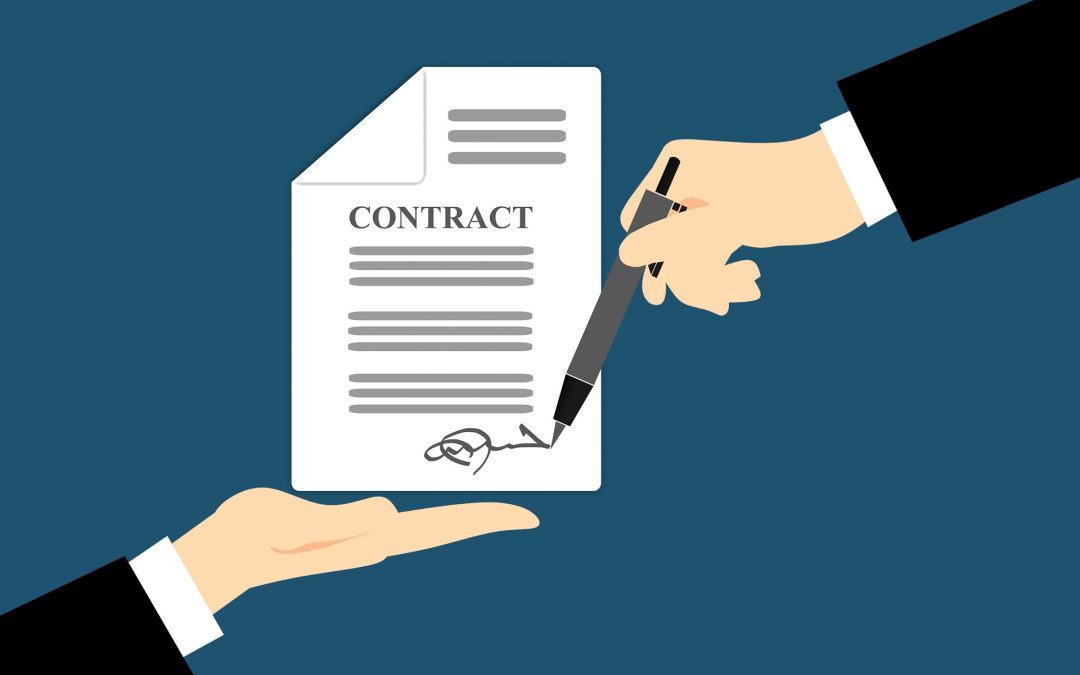When Niti Nadarajah says “assume less, ask more,” she is talking about diversity, equity, and inclusion. But for in-house lawyers, the phrase is just as powerful when applied to contract drafting and negotiation.
“In all sorts of different conversations, we make so many assumptions about what other people need or want,” Nadarajah says. “Often that leads us down paths that do not align with what that person actually needs or wants.” That habit shows up in contracting too, where assumptions about the other party’s priorities or risk tolerance can lock deals into unnecessary cycles of redlines and delay.
Start By Questioning The Default
The fastest way to make a contract unusable is to assume you already know what will work for the counterparty. Legal teams often start with a template designed years ago, filled with clauses that have survived purely because no one challenged them. By the time the first draft goes out, the positions are already hardened.
Contract data offers an antidote. If you can see which clauses are negotiated most often and which are rarely touched, you have a better foundation for asking the right questions. Why does this clause take so long to resolve? Does the other side actually care about this indemnity, or are we protecting against an imaginary risk? The goal is to challenge the status quo, not by gut feel but by evidence.
Align Clauses With Real Needs
Nadarajah’s DEI work focuses on interrogating systems to uncover hidden biases. In contracting, the same mindset can uncover inefficiencies. If both sides agree that certain clauses are low-risk, they can be standardized, preapproved, or automated. That frees up negotiation energy for the issues that truly matter.
The key is to ask questions early, before entrenched positions develop. What does your business partner need from this contract to achieve their goals? What is the absolute minimum protection your side requires to manage risk? Where is there room to meet in the middle without sacrificing key protections? When you replace assumption with inquiry, you discover opportunities for clarity and collaboration.
Make Curiosity A Team Habit
Nadarajah believes curiosity should be part of daily leadership. “If people can do that more with anyone they are leading, with the organization they are in, and with the systems within that organization, it will go a long way,” she says.
For in-house counsel, that means building a culture where every contract drafter and negotiator is encouraged to challenge the purpose behind the language. It also means empowering the team to bring forward ideas for simplification and usability, and giving them the data to back up their suggestions. Curiosity is not just an individual trait but a process discipline that prevents wasted cycles and makes agreements easier to use after they are signed.
The Payoff Of Asking More
When you apply “assume less, ask more” to contracting, you accelerate deals without cutting corners. You also create agreements that are clearer for internal teams to implement and for regulators to understand. Most importantly, you signal to counterparties that your legal team is willing to engage in good faith and find mutually beneficial solutions.
In the end, the habit of asking more questions is not about being slow or overly cautious. It is about replacing assumptions with insight and turning that insight into contracts that work better for everyone. For in-house lawyers under pressure to move faster without increasing risk, that is a discipline worth adopting.
Olga V. Mack is the CEO of TermScout, an AI-powered contract certification platform that accelerates revenue and eliminates friction by certifying contracts as fair, balanced, and market-ready. A serial CEO and legal tech executive, she previously led a company through a successful acquisition by LexisNexis. Olga is also a Fellow at CodeX, The Stanford Center for Legal Informatics, and the Generative AI Editor at law.MIT. She is a visionary executive reshaping how we law—how legal systems are built, experienced, and trusted. Olga teaches at Berkeley Law, lectures widely, and advises companies of all sizes, as well as boards and institutions. An award-winning general counsel turned builder, she also leads early-stage ventures including Virtual Gabby (Better Parenting Plan), Product Law Hub, ESI Flow, and Notes to My (Legal) Self, each rethinking the practice and business of law through technology, data, and human-centered design. She has authored The Rise of Product Lawyers, Legal Operations in the Age of AI and Data, Blockchain Value, and Get on Board, with Visual IQ for Lawyers (ABA) forthcoming. Olga is a 6x TEDx speaker and has been recognized as a Silicon Valley Woman of Influence and an ABA Woman in Legal Tech. Her work reimagines people’s relationship with law—making it more accessible, inclusive, data-driven, and aligned with how the world actually works. She is also the host of the Notes to My (Legal) Self podcast (streaming on Spotify, Apple Podcasts, and YouTube), and her insights regularly appear in Forbes, Bloomberg Law, Newsweek, VentureBeat, ACC Docket, and Above the Law. She earned her B.A. and J.D. from UC Berkeley. Follow her on LinkedIn and X @olgavmack.
The post Niti Nadarajah On ‘Assume Less, Ask More’ In Contract Drafting And Negotiation appeared first on Above the Law.

